The Moral Psychology of Sadness
Moral Psychology of the Emotions
Series Editor: Mark Alfano, Associate Professor, Department of Philosophy, Delft University of Technology
How do our emotions influence our other mental states (perceptions, beliefs, motivations, intentions) and our behavior? How are they influenced by our other mental states, our environments, and our cultures? What is the moral value of a particular emotion in a particular context? This series explores the causes, consequences, and value of the emotions from an interdisciplinary perspective. Emotions are diverse, with components at various levels (biological, neural, psychological, social), so each book in this series is devoted to a distinct emotion. This focus allows the author and reader to delve into a specific mental state, rather than trying to sum up emotions en masse. Authors approach a particular emotion from their own disciplinary angle (e.g., conceptual analysis, feminist philosophy, critical race theory, phenomenology, social psychology, personality psychology, neuroscience) while connecting with other fields. In so doing, they build a mosaic for each emotion, evaluating both its nature and its moral properties.
Forthcoming Titles in the series:
The Moral Psychology of Pride edited by Adam J. Carter and Emma C. Gordon
The Moral Psychology of Disgust edited by Nina Strohminger and Victor Kumar
The Moral Psychology of Contempt edited by Michelle Mason
The Moral Psychology of Anger edited by Myisha Cherry and Owen Flanagan
The Moral Psychology of Regret edited by Anna Gotlib
The Moral Psychology of Sadness
Edited by
Anna Gotlib

London New York
Published by Rowman & Littlefield International Ltd
Unit A, Whitacre Mews, 26-34 Stannary Street, London SE11 4AB
www.rowmaninternational.com
Rowman & Littlefield International Ltd. is an affiliate of Rowman & Littlefield
4501 Forbes Boulevard, Suite 200, Lanham, Maryland 20706, USA
With additional offices in Boulder, New York, Toronto (Canada), and Plymouth (UK)
www.rowman.com
Selection and editorial matter 2018 Anna Gotlib
Copyright in individual chapters is held by the respective chapter authors.
All rights reserved . No part of this book may be reproduced in any form or by any electronic or mechanical means, including information storage and retrieval systems, without written permission from the publisher, except by a reviewer who may quote passages in a review.
British Library Cataloguing in Publication Data
A catalogue record for this book is available from the British Library
ISBN: HB 978-1-78348-860-5
Library of Congress Cataloging-in-Publication Data
ISBN 978-1-78348-860-5 (cloth : alk. paper)
ISBN 978-1-78348-862-9 (electronic)
 The paper used in this publication meets the minimum requirements of American National Standard for Information SciencesPermanence of Paper for Printed Library Materials, ANSI/NISO Z39.48-1992.
The paper used in this publication meets the minimum requirements of American National Standard for Information SciencesPermanence of Paper for Printed Library Materials, ANSI/NISO Z39.48-1992.
Printed in the United States of America
To J. G. and H. L. As always. With all the love.
Contents
Anna Gotlib
Andrea C. Westlund
Christine Vitrano
Jamie Lindemann Nelson
Claire Katz
Ryan Preston-Roedder and Erica Preston-Roedder
Jeffrey Blustein
Felipe De Brigard
Anna Gotlib
This book would not have been possible without the hard work and dedication of many. I would first like to thank the series editor, Mark Alfano, for his trust, guidance, and unwavering support throughout the writing and editing process. I am also grateful to Kate Norlock for her sage advice and encouragement. And of course it goes without saying, but I will say it anyway, that none of this would have been possible without the talented, dedicated, and generous group of scholars whose work I am proud to present here. I think that their contributions to moral psychology in general, and to the study of sadness in particular, not only open up and make possible new, exciting discourses, but also serve as exemplars of how very different, and sometimes even contradictory, approaches to a complicated philosophical issue can be exactly what is needed to explore both its depth and breadth. I would also like to thank my very patient editor at Rowman & Littlefield International, Isobel Cowper-Coles. Finally, no acknowledgment would be complete without thanking my mentor, colleague, and dear friend, Hilde Lindemann, not only for enormously helpful substantive suggestions and editorial guidance, but also for reminding me that seemingly impossible things just might be possible. And of course, nothing would be possible without my partner in all things, Jeff Guevin. No words that I could offer here would do him, or my gratitude, justice.
Anna Gotlib
Brooklyn College CUNY
1. Introduction
When Mark Alfano, the editor of this series, invited proposals in moral psychology broadly inclusive of a number of emotions, my first thought was I hope that nobody has claimed sadness yet! For a bioethicist and feminist moral theorist, this might seem like an odd preferenceindeed, why not anger, courage, or even love? And why consider emotions and their phenomenologies anyway, when claims about their roles, valences, and expression have long been powerful and effective means of creating and maintaining gender inequalities? The short answer is that I am Russian, and emotionssadness and its many permutations in particularare part and parcel of my cultural heritage. The longer answer has to do with the persistent questions that have fascinated me, and have persisted as my central philosophical interests, for a number of years: How do we respond philosophicallyhow do we respond meaningfully to questions not just of what to do as choosing agents, but also of how to proceed as people who experience and feel our way through difficult events, many of which are beyond our control? How do we approach sadness in a way that respects its idiosyncratic phenomenologies while acknowledging the universality of sadness as human experience? Whether ones sadness results from losses of loved ones, from ones sense of liminality, from a fear of being perceived as less-than, from a longing that cannot be overcomeI take all of these to be cases of an emotion that powerfully shapes not only who we are, but often who others perceive us to be.
Yet the pervasiveness and complexities of sadnesss topographies have not generated much sustained philosophical interest. On the one hand, the relative lack of attention to the emotion of sadness as a specific area of study is especially curious given the empirical turn not just in moral psychology, On the other, because the general philosophical study of emotions is still relatively new, the undertheorization of sadness shouldnt be altogether surprising.
But it should be motivating. As someone who argues that narratives can be normatively efficacious and constitutive of personal identities and social relations, I take emotions to be crucial indicators that what is being communicated is more than, say, clinical data or descriptive reports of a state of affairs. In fact, I suggest that emotions add to the communicative act that matters most to human communication in the first place: they structure and shape our moral understandings of ourselves, bringing into sharper focus what matters to us, and why. Emotions, rather than assuming the epiphenomenal role that too many philosophers have assigned them, are, in fact, in charge.

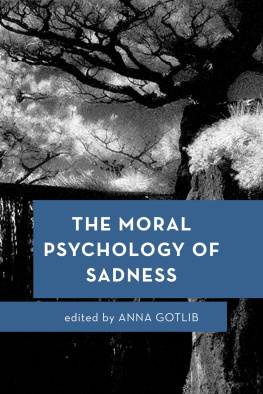


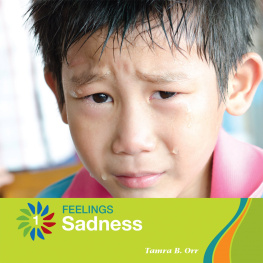
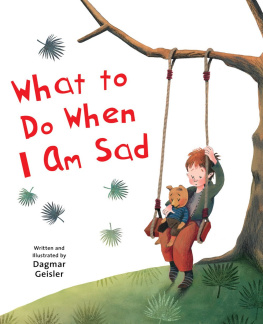

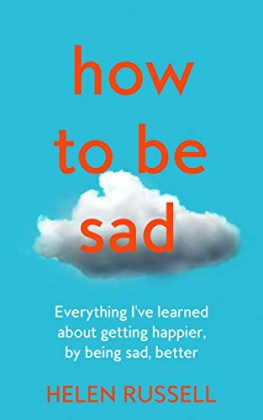
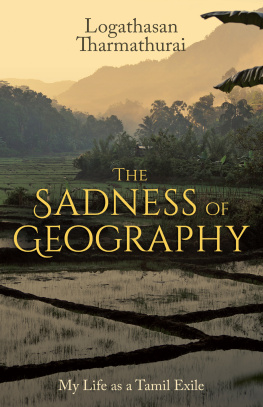
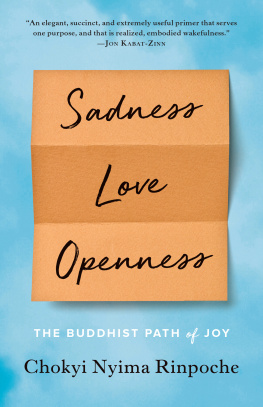
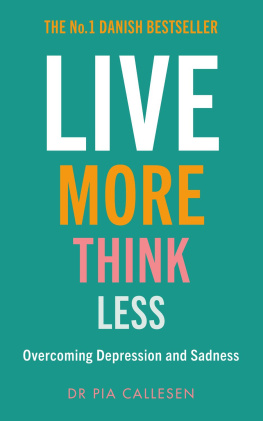
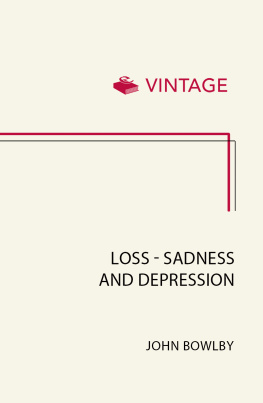
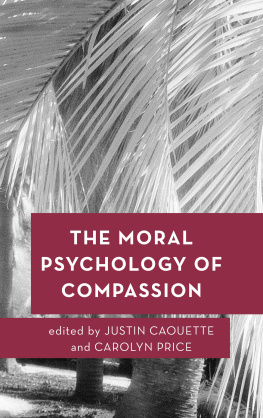
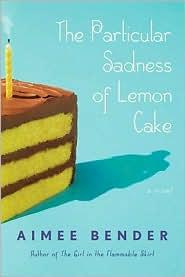


 The paper used in this publication meets the minimum requirements of American National Standard for Information SciencesPermanence of Paper for Printed Library Materials, ANSI/NISO Z39.48-1992.
The paper used in this publication meets the minimum requirements of American National Standard for Information SciencesPermanence of Paper for Printed Library Materials, ANSI/NISO Z39.48-1992.